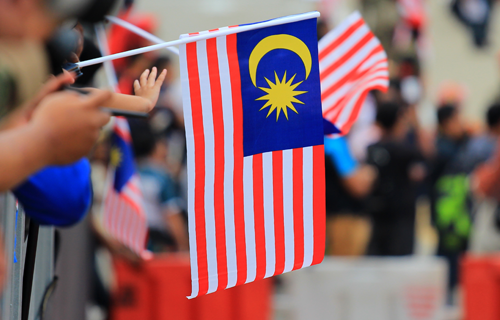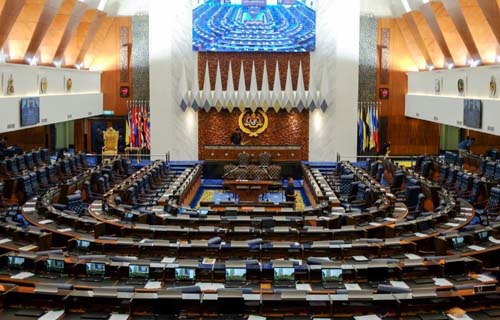Written by Wan Ya Shin acting research director at IDEAS
Published at themalaysianinsight on 5 July 2021
It has been more than a year into the Covid-19 pandemic. Our day-to-day life has changed drastically. We no longer can go about freely and meet with friends and family. There is a mental alarm that rings whenever someone is close to you, not social distancing. Mask has become part of our daily lives. Working from home and virtual events are everyday events in our stay-at-home life. Online learning is the norm for most of our children.
If you read the news, you will see stories of suicide and mental health issues, learning disruption, poor going hungry, domestic abuse on the rise, loss of livelihoods, and many others. The White Flag and Kita Jaga Kita campaigns are signs of distress from the people. At the centre of all this gloomy news is the number of daily Covid-19 cases and deaths.
Crisis in Mandarin is “危机” (wei ji), which is a combination of two words, “危” (wei), which means danger and “机” (ji), which means opportunity. It aptly describes the situation we are in. There is danger all around, but there are also opportunities.
What are the opportunities in this morbid situation?
Covid-19 has taught us what is essential. We take things for granted in the past, such as meeting people face-to-face, going for a walk in the park, going to school, shaking hands, and many more. Even before Covid-19, social media, video calls, and chats gradually replaced human connection and interaction, but now we desire to meet face-to-face with family and friends. We ignored the poor and vulnerable around us, but now we are more aware of each other’s plight and reach out to them. We wanted more buildings and infrastructure and replaced our green lungs with these developments. Now we realised the importance of green public space and fresh air in the city. These are some of the essentials that we take for granted before Covid-19. It takes a crisis to teach us what are the essentials in life.
What are the opportunities with regard to public policy?
We need to recognise and put the wellbeing of the people back into the heart of our public policies. Economic development should serve its purpose of improving the wellbeing of the people. The people are the foundation of the nation. Therefore, the people’s wellbeing and development are core and essential for the growth of Malaysia.
Shock-responsive social protection to protect the people from falling into poverty in times of crisis is essential to function as a social safety net. One year into the pandemic, we should have identified the poor and vulnerable, those most in need. Cash assistance and food baskets should be targeted and reach out to these groups in a timely manner. We should be more targeted and provide greater assistance to those most in need.
We need education policies that focus on students and teachers. There are still children in rural and poor households who do not have access to online learning. It might be due to a lack of devices or even no connection to the internet. This problem persists despite a year into the pandemic. We also learnt that technology is not the best solution to all our education problems, although it is a suitable solution for the current situation. We used to think that having videos of good teachers teaching would solve poor quality teaching, but this pandemic shows us that videos and technology cannot fully replace our teachers. Our children learn from their teachers. We need to empower and train our teachers to be the best so that our children could grow to their full potential.
These are not the only opportunities. There are many more we could grab hold of to make a change. In times of crisis, it is how we respond that makes us stronger. Through adversity, we grow resilience in our society and economy. Every Malaysian can choose to make a difference and contribute to this change. So let us face this crisis together in solidarity, focus on the essentials and use this opportunity to build back better.



